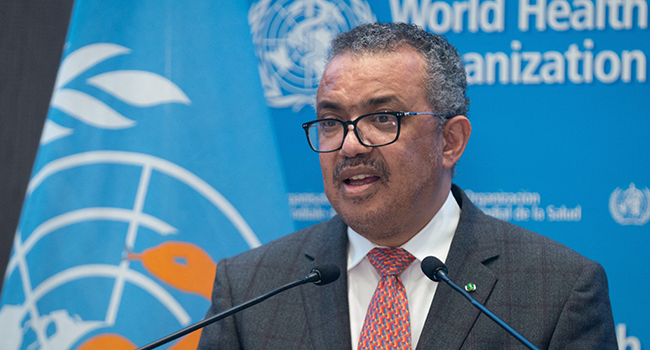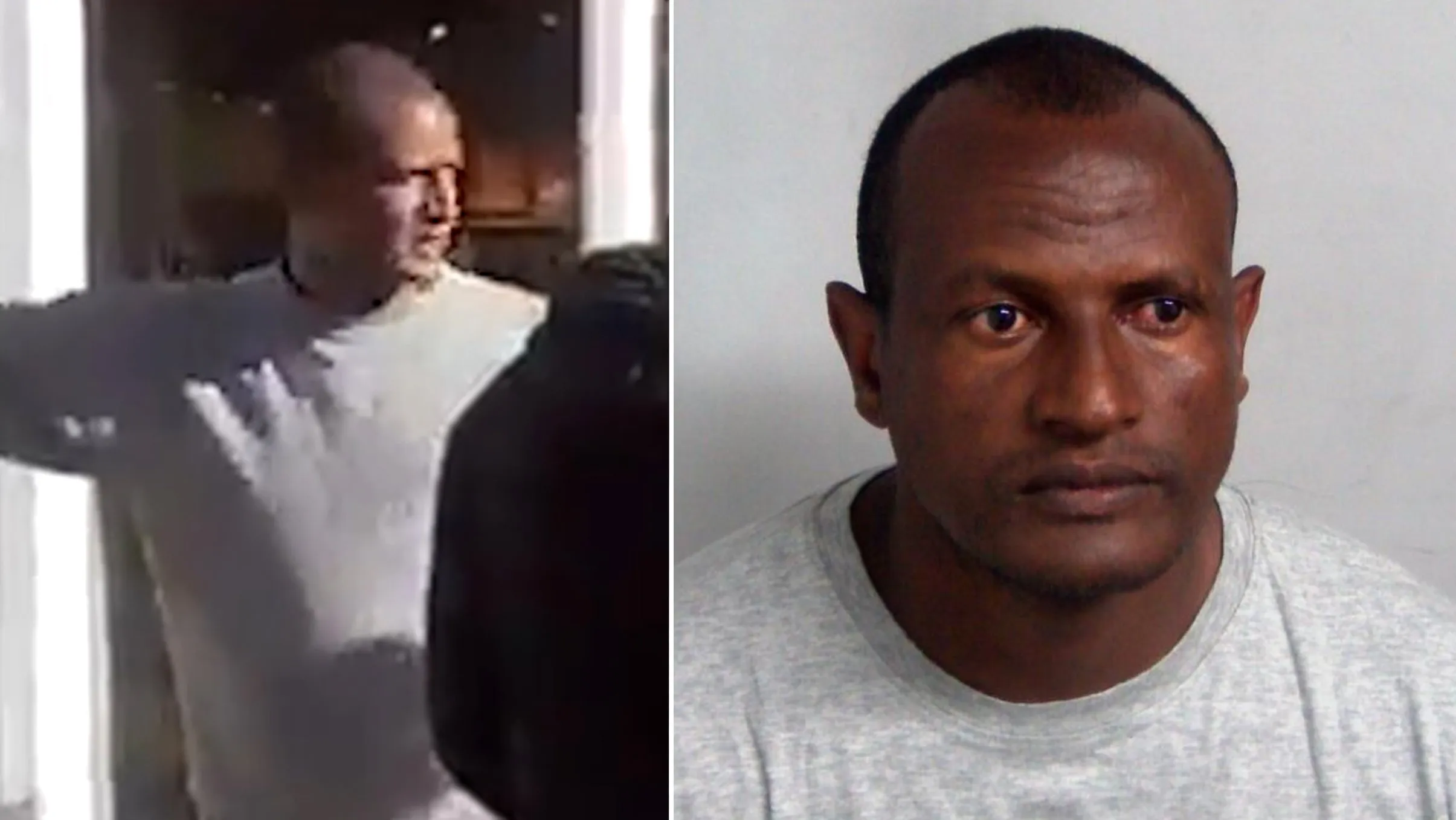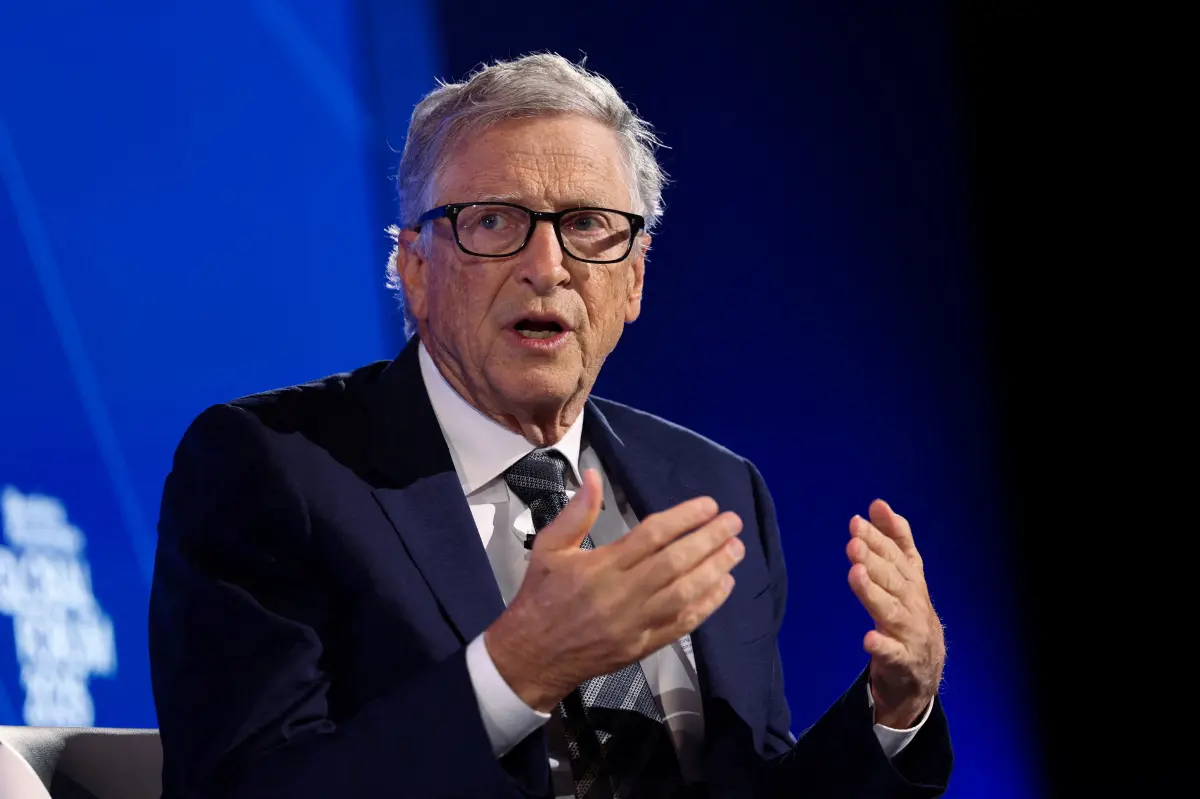Copyright nigeriancurrent

The World Health Organisation’s Framework Convention on Tobacco Control (WHO FCTC) Secretariat and the Campaign for Tobacco-Free Kids (CTFK) have separately warned governments to guard against increasing efforts by the tobacco industry to influence global health policy decisions ahead of a major international conference in Geneva this month. The warnings come as 183 Parties prepare to meet from November 17 to 22 for the Eleventh Session of the Conference of the Parties (COP11) to the WHO FCTC, followed by the Meeting of the Parties (MOP3) to the Protocol to Eliminate Illicit Trade in Tobacco Products from November 24 to 26. Delegates are expected to consider measures to curb nicotine addiction, reduce tobacco-related harms, and strengthen international cooperation on illicit trade. The WHO FCTC Secretariat said evidence suggests the tobacco industry is stepping up lobbying and other tactics aimed at undermining treaty commitments. “With strategies varying from lobbying to outright attempts to manipulate delegations, the tobacco industry’s tactics are a cause for serious concern,” said Andrew Black, Acting Head of the WHO FCTC Secretariat. “This is not just lobbying; it is a deliberate strategy to derail consensus and weaken the treaty’s implementation.” The Secretariat urged governments to implement Article 5.3 of the WHO FCTC, which requires Parties to protect public health policies from the commercial and other vested interests of the tobacco industry. It also called on countries to ensure national delegations are free of industry-linked representatives, reject any industry funding or partnerships, and use monitoring tools such as the Global Tobacco Industry Interference Index to detect and report interference. In a separate statement, the Campaign for Tobacco-Free Kids (CTFK) said the world’s largest tobacco companies are targeting Caribbean nations, including Saint Kitts and Nevis, Barbados, and Trinidad and Tobago, in an effort to weaken global health commitments that have saved millions of lives. “At COP10 in Panama, positions taken by Saint Kitts and Nevis raised serious alarm among public health advocates for closely mirroring tobacco industry talking points, a pattern that has continued in the lead-up to COP11,” said Yolonda C. Richardson, President and CEO of CTFK. “Big Tobacco’s presence is toxic to rational, evidence-based policymaking. Governments must shut the door on tobacco industry interference and stand united to protect kids from a lifetime of addiction.” CTFK, along with the Global Alliance for Tobacco Control and the Healthy Caribbean Coalition, has written to the Prime Minister of Saint Kitts and Nevis expressing concern over industry influence in policymaking. The groups warned that tobacco companies continue to market new nicotine products, including e-cigarettes, nicotine pouches and heated tobacco, to young people, often under the guise of harm reduction. Both organisations stressed that tobacco industry interference remains one of the greatest obstacles to implementing effective tobacco control policies. As COP11 and MOP3 approach, they called on governments to reaffirm their commitment to protecting public health policy from industry influence and to prioritise evidence-based measures that save lives.



